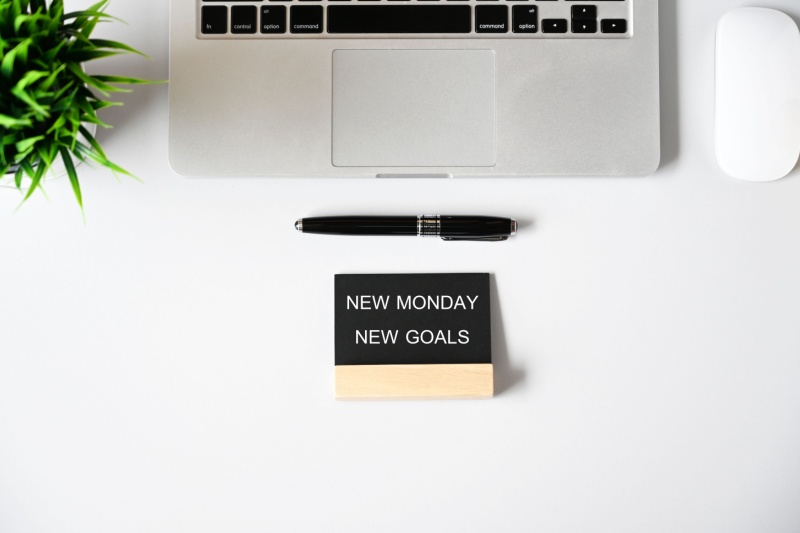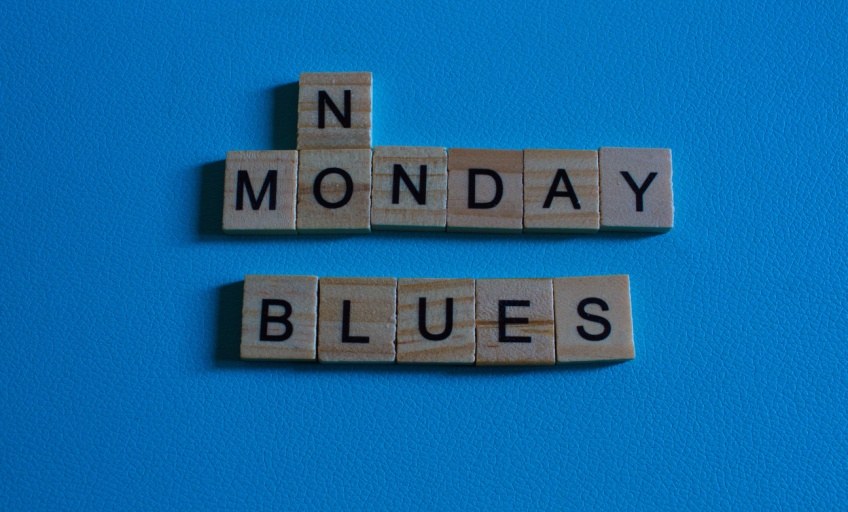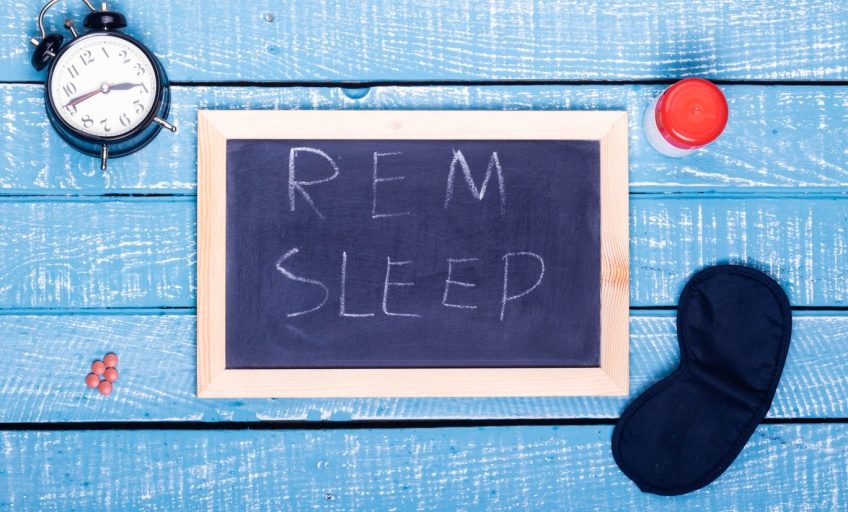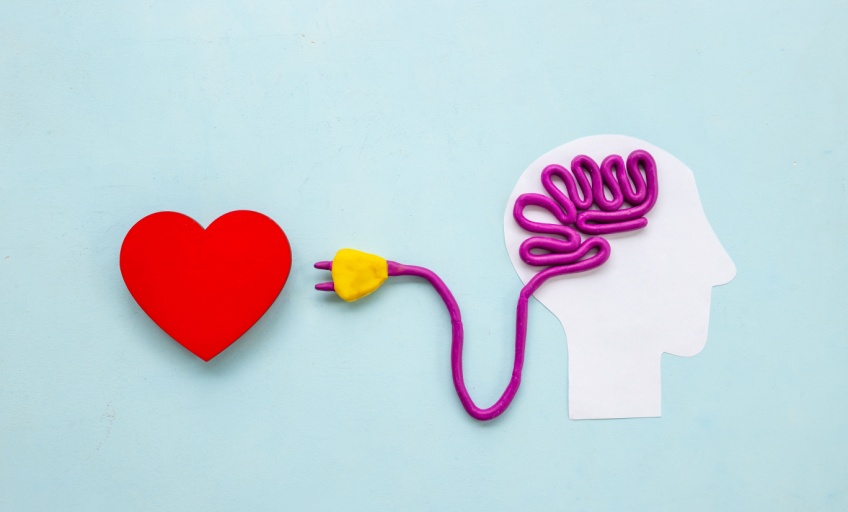If, by the end of a weekend, you dread the beginning of a new week, then you might be experiencing the Monday blues. They are a low feeling you may have at the end or beginning of a week. It is not a clinical disorder, but it mostly refers to a short-lived weekend holiday and returning to the 5-day work week grind.
What you need to know:
- Understanding the Monday blues: Why Mondays feel different
- Symptoms of Monday blues
- 4 tips to tackle the Monday blues
- Lifestyle changes for long-term relief from Monday blues
- Manage your mood so you can look forward to Mondays
Understanding the Monday blues: Why Mondays feel different
Returning to the routine of work or school can sometimes feel challenging. You may feel lower job satisfaction and more stress at the beginning of the working week. The Monday blues may also signal significant unhappiness in your life. This feeling on Mondays lessens as the week progresses and your mood improves toward the weekend.
Why is there a shift in the mood on Mondays?
With lower morale on Monday, you might respond more negatively to a stressor on this day rather than at the end of the week. You will typically be happier on weekends because you can choose your activities then. A lack of control over your schedule might make you feel down at the start of the week.
Symptoms of Monday blues
The symptoms of Monday blues can vary. Individuals can feel stress symptoms as the weekend ends, which include:
Headache

If you are feeling the weight of Monday blues, you might feel mild to moderate pain or discomfort in the head.
Tense muscles
The stress of a new week intensifies physical tension, making every movement feel strained and uncomfortable. The muscles grip tightly and tense up. They are in a constant state of guardedness.
Fast heartbeats
Anxiety and stress about the upcoming week accelerate your pulse, making calmness seem distant. Your heartbeats might race with the Monday blues, and you might have trouble breathing and increased blood pressure.
4 tips to tackle the Monday blues
Here are some techniques that can help boost your mood and help manage the Monday blues:
Morning routine and mindset
Establish positive Monday rituals that give you something to look forward to, like a special breakfast, a favorite podcast, or a morning wellness routine. Try to reframe how you think about Mondays. Instead of seeing them as the end of your weekend, view them as a new beginning – a chance to set new goals and progress on your projects.
Reduce Monday stress
Start the week out with an attitude of gratitude. Take time to recognize and appreciate the things that you enjoy about work. Give a positive, productive, and excited welcome to Monday’s energy.
Prepare for the week ahead
Before you leave work on Friday, organize your workspace, create a to-do list for the next week, and tie up any loose ends. This can help reduce anxiety over the weekend and make your Monday morning feel more structured.
Small wins and positive reinforcement
Celebrating small achievements can enhance motivation. Your brain is wired to respond to rewards, and celebrating these small wins releases dopamine, a neurotransmitter that boosts mood, motivation, and attention. Recording and appreciating your progress can build confidence and cultivate a positive mindset for beating the Monday blues.
Lifestyle changes for long-term relief from Monday blues

Some strategies for counteracting the Monday blues may improve your mood temporarily. However, if the feelings of dread on Mondays are a sign of dissatisfaction, implement the following lifestyle changes for beating the Monday blues:
Prioritize sleep for optimal energy levels
Sleep quality is an important factor in your mood the following day and otherwise. Mood may also affect your sleep, as mood issues can lead to reduced quality sleep and vice versa. Getting adequate quality sleep may lessen the impact of the Monday blues.
Balanced diet and regular exercise
A balanced diet comprising a variety of fresh fruits and vegetables rich in nutrients is crucial in beating the Monday blues. Resistance or aerobic exercise can help improve mood and emotional states. The effects of exercise can last up to 24 hours.
Managing stress and burnout
Burnout is a state of emotional, physical, and mental exhaustion caused by prolonged exposure to high levels of stress. You can manage stress and burnout by:
- Practising self-care
- Seeking support
- Taking breaks
- Prioritizing self-awareness
- Developing healthy coping strategies like exercising, meditation, and journaling
- Building a positive work environment
Manage your mood so you can look forward to Mondays
Monday blues are not a clinical illness but a real feeling. It can cause distress when the weekend ends, as returning to a job or school routine can be challenging. The Monday blues can lead to clinical conditions, such as anxiety, stress, and depression. These conditions may all require medical intervention. Contact a doctor if you have concerns about the Monday blues affecting your life negatively.
Stay tuned to the Activ Living Community. Keep up to date with the latest health tips and trends through expert videos, podcasts, articles, and much more on nutrition, fitness, mindfulness, and lifestyle conditions like Asthma, Blood Pressure, Cholesterol, and Diabetes. Activ Living ke saath sahi sehat ki shuruat ABHI karo.
You may also be interested in the following blogs:
Popular Searches
How to lower blood pressure | Fruits good for liver | Unhealthy foods | Ragi Benefits | Basal Metabolic Rate | Acupressure points for High Blood Pressure | Ayurvedic medicine for blood pressure | How to control cholesterol at home | Homeopathy for Asthma | Biological Age | Home remedies for TB | Natural beta blockers | Negative effects of internet | Types of walking | Blood pressure calculator | Blood sugar calculator | BMI Calculator





 1800-270-7000
1800-270-7000








